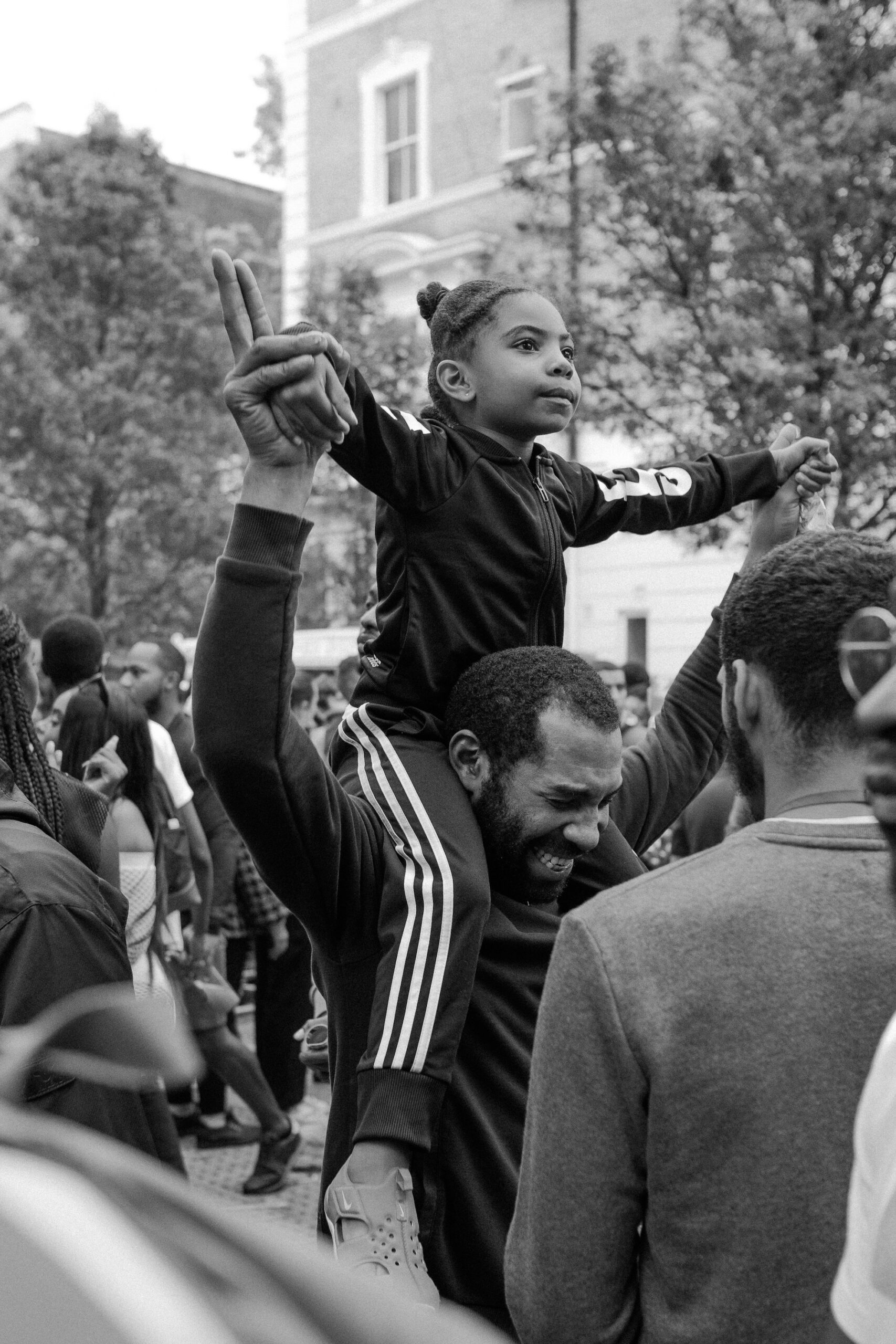On this day last year, a violent mob agitated by disinformation — including the words of the president and some congressional members — descended upon the U.S. Capitol building to undermine a democratic election. As we look back at the deadly events of this date, it’s important to remind audiences of our long-term vision moving forward. Uplift the voices of BIPOC leaders and celebrate the resilience of communities who turned out to vote in an election year threatened by voter suppression, White Supremacist violence, and COVID-19. Emphasize the values of Voice, Safety, and Dignity.
Tag: voting rights
Black History Month
While Black History Month is officially commemorated during February, we honor Black history and celebrate Black excellence and futures year-round. This month — and into March — opportunities abound for telling an affirmative story about racial justice in the United States. Cite the values of voice and community in sharing these resources with your audiences.
15th Amendment
On this day in 1870, the Fifteenth Amendment to the United States Constitution was formally adopted. The last of the three Reconstruction amendments, it gave Black men the right to vote by declaring that this right could “not be abridged or denied by any state” on account of race, color, or previous condition of servitude. Over time, loopholes in the amendment would allow states to implement restrictions such as poll taxes and literacy tests that did not mention race by name, but effectively prevented most African Americans from voting. As a result of the Supreme Court’s gutting of The Voting Rights Act of 1965, voting rights face major threats in states across the nation. Discuss this anniversary by citing the values of voice and equity.
Selma to Montgomery March
The first march from Selma to Montgomery for voting rights in Alabama took place on this day in 1965. Use this anniversary to talk about the renewed urgency to protect voting rights and fight racial injustice. Cite the values of equity and voice.



